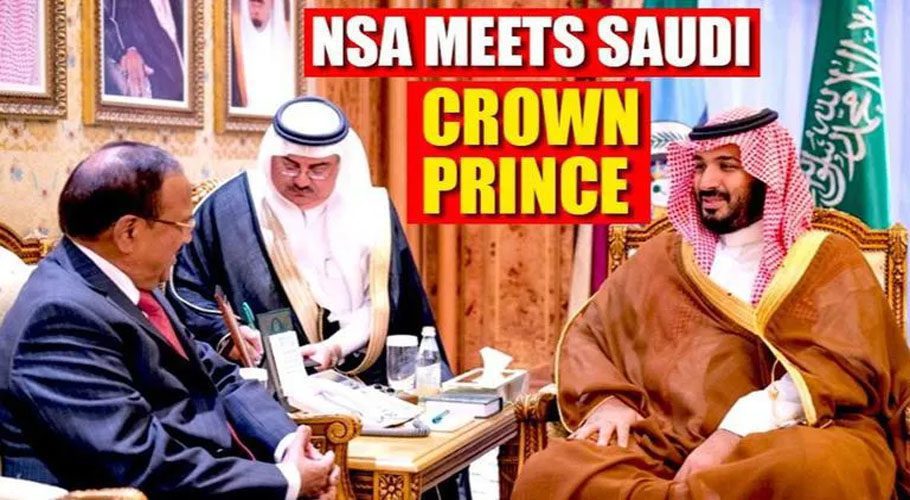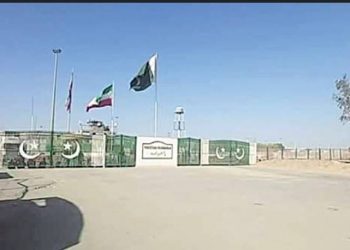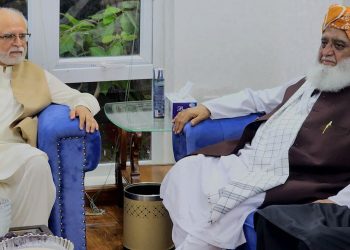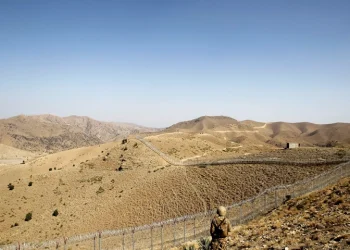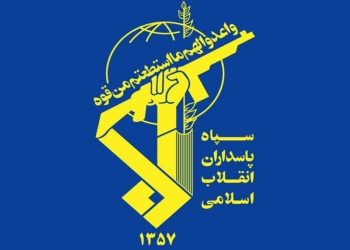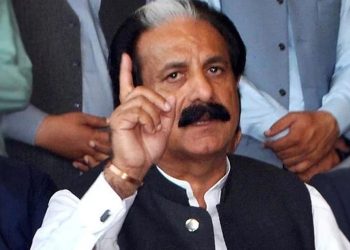NEW DELHI: US, India, and UAE National Security Advisors (NSAs) met with Saudi Arabia’s Crown Prince and Prime Minister, Mohammed bin Salman, in a crucial meeting aimed at deepening cooperation with Middle-East kingdoms and cementing India and US relationships with the Sunni world. The meeting was reportedly held to counter China’s growing footprint in the Middle East.
Indian media reported that the meeting, which took place on Sunday, was attended by US NSA Jake Sullivan, Indian NSA Ajit Doval, and UAE NSA Sheikh Tahnoon bin Zayed Al Nahyan, with Saudi Crown Prince Salman playing the gracious host. Before visiting Saudi Arabia, NSA Doval held bilateral talks in Iran with his counterpart.
According to Indian media reports, this meeting was the most significant one after China brokered peace between Saudi Arabia and Iran on March 10. The objective of the meeting was to further expand the “shared vision of a more secure and prosperous Middle East region interconnected with India and the World.”
While New Delhi has been tight-lipped about the meeting, US NSA Sullivan had a bilateral meeting with NSA Doval to review decisions taken in their last meeting on February 1 and meet again on the margins of the QUAD summit in Sydney, Australia, on May 24. The US NSA had bilateral meetings with both his Saudi and UAE counterparts in an effort to repair the strained American relations with the Sunni world.
The report says that the India-US engagement has stepped up in the run-up to the QUAD summit, with Foreign Secretary Vinay Kwatra scheduled to visit Washington for the first-ever dialogue on strategic trade on May 11-12 with his US counterparts. This dialogue will help India get high-end technology from US companies for “Atmanirbhar Bharat” vision of PM Narendra Modi.
According to the US readout of the crucial Saudi Arabia meeting, Crown Prince Salman and NSA Sullivan reviewed the progress made to consolidate the truce in Yemen. While Sullivan and Doval thanked the Crown Prince for the evacuation of their nationals from war-hit Sudan, the four delegations agreed to maintain regular consultations and follow-up of matters discussed and decisions taken in the meeting.







